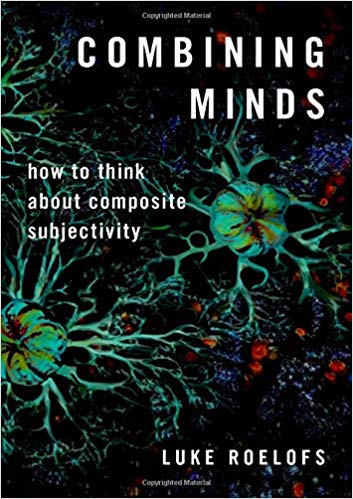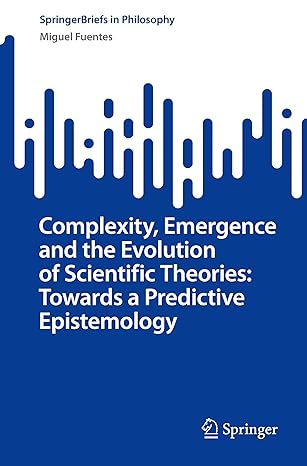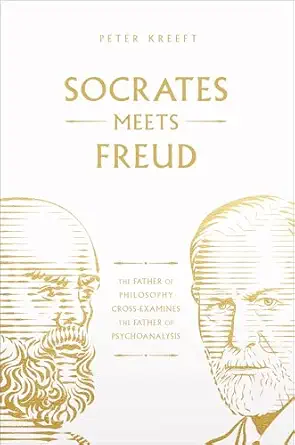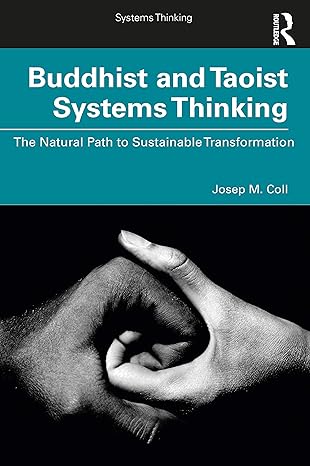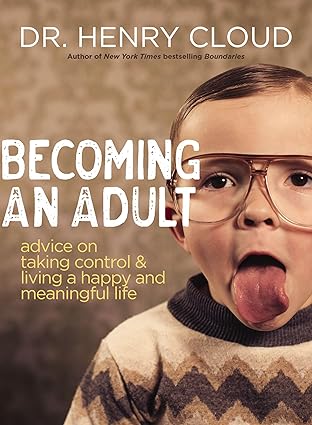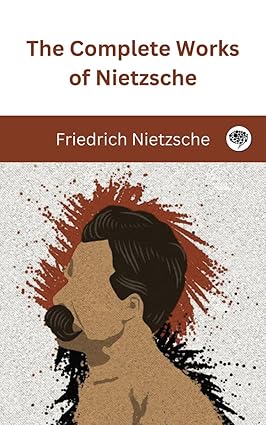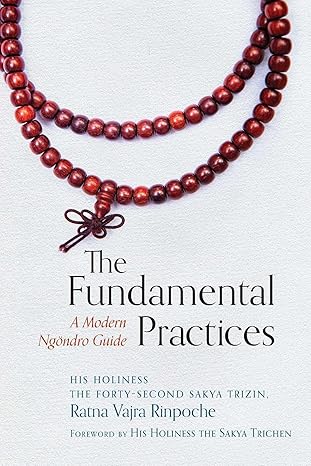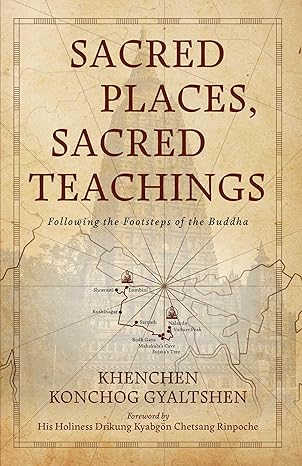Combining Minds is about the idea of minds built up out of other minds, whether this is possible, and what it would mean if it were. Roelofs surveys many areas of philosophy and psychology, analysing and evaluating denials and affirmations of mental combination that have been made in regard to everything from brain structure, to psychological conflict, to social cooperation. In each case, he carefully distinguishes different senses in which subjectivity might be composite, and different arguments for and against them, concluding that composite subjectivity, in various forms, may be much more common than we think.
Combining Minds is also the first book-length defence of constitutive panpsychism against all aspects of the 'combination problem'. Constitutive panpsychism is an increasingly prominent theory, holding that consciousness is naturally inherent in matter, with human consciousness built up out of this basic consciousness the same way human bodies are built up out of physical matter. Such a view requires that many very simple conscious minds can compose a single very complex one, and a major objection made against constitutive panpsychism is that they cannot - that minds simply do not combine. This is the combination problem, which Roelofs scrutinizes, dissects, and refutes. It reflects not only contemporary debates but a long philosophical tradition of contrasting the apparently indivisible unity of the mind with the deep and pervasive divisibility of the material world. Combining Minds draws together the threads of this problem and develops a powerful and flexible response to it.
چکیده فارسی
ترکیب ذهنها درباره ایده ذهنهایی است که از ذهنهای دیگر ساخته شدهاند، اینکه آیا این امکان پذیر است یا خیر، و اگر چنین بود چه معنایی داشت. رولوف بسیاری از زمینههای فلسفه و روانشناسی را بررسی میکند و انکارها و تأییدات ترکیب ذهنی را که در رابطه با همه چیز از ساختار مغز، تا تعارض روانشناختی و همکاری اجتماعی انجام شده است، تحلیل و ارزیابی میکند. در هر مورد، او با دقت معانی مختلفی را که ممکن است سوبژکتیویته مرکب باشد، و استدلالهای مختلف موافق و مخالف آنها متمایز میکند، و به این نتیجه میرسد که ذهنیت ترکیبی، در اشکال مختلف، ممکن است بسیار رایجتر از آن چیزی باشد که ما فکر میکنیم.
ترکیب ذهن ها همچنین اولین دفاع طولانی مدت از پان روان گرایی سازنده در برابر همه جنبه های «مشکل ترکیبی» است. پان روانشناسی سازنده نظریهای است که به طور فزایندهای برجسته است و معتقد است که آگاهی به طور طبیعی در ماده ذاتی است، با آگاهی انسانی که از این آگاهی اولیه ساخته میشود، همانطور که بدن انسان از ماده فیزیکی ساخته میشود. چنین دیدگاهی مستلزم آن است که بسیاری از ضمیرهای خودآگاه بسیار ساده بتوانند یک ذهن بسیار پیچیده را بسازند، و ایراد عمده ای که علیه پان روانشناسی سازنده مطرح می شود این است که آنها نمی توانند - که ذهن ها به سادگی با هم ترکیب نمی شوند. این مشکل ترکیبی است که رولوف به دقت بررسی میکند، کالبدشکافی میکند و رد میکند. این نه تنها بحثهای معاصر را منعکس میکند، بلکه یک سنت طولانی فلسفی در تقابل وحدت ظاهراً تجزیه ناپذیر ذهن با تقسیمپذیری عمیق و فراگیر جهان مادی را منعکس میکند. ترکیب ذهن ها موضوعات این مشکل را کنار هم می کشد و پاسخی قدرتمند و انعطاف پذیر به آن ایجاد می کند.
ادامه ...
بستن ...
Ebook details:
عنوان: Combining Minds: How to Think about Composite Subjectivity (Philosophy of Mind Series)
نویسنده: Luke Roelofs
ناشر: Oxford University Press (February 25, 2019)
زبان: English
شابک: 0190859059, 978-0190859053
حجم: 18 Mb
فرمت: True Pdf
ادامه ...
بستن ...
